
Ecology
-
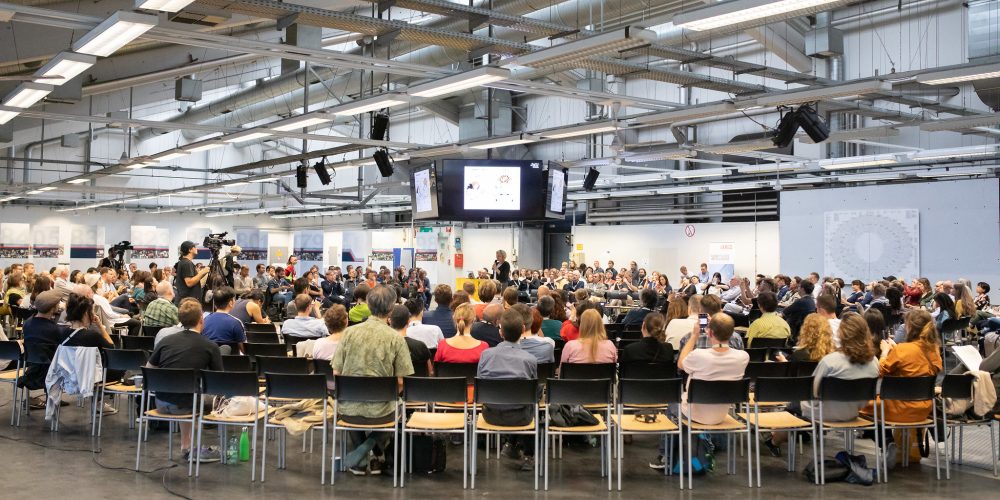
Discussing Truth in a Digitized World
The conferences held during the Ars Electronica Festival bring international personalities on stage to examine contemporary issues from a range of perspectives.
-
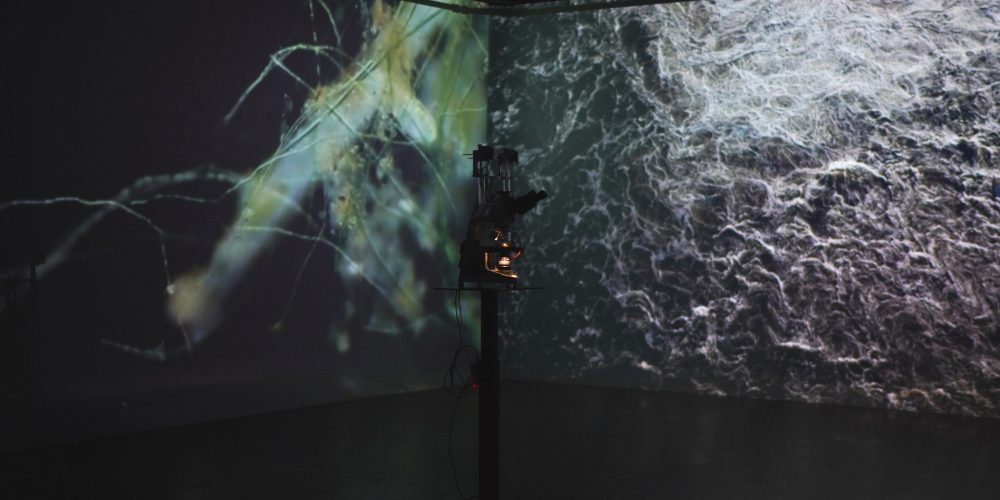
(Co)Owning More-than-Truth: on a Quest for the Truth
The Theme Exhibition of Ars Electronica 2023 invites you on a journey between truth, reality and shaping the future.
-
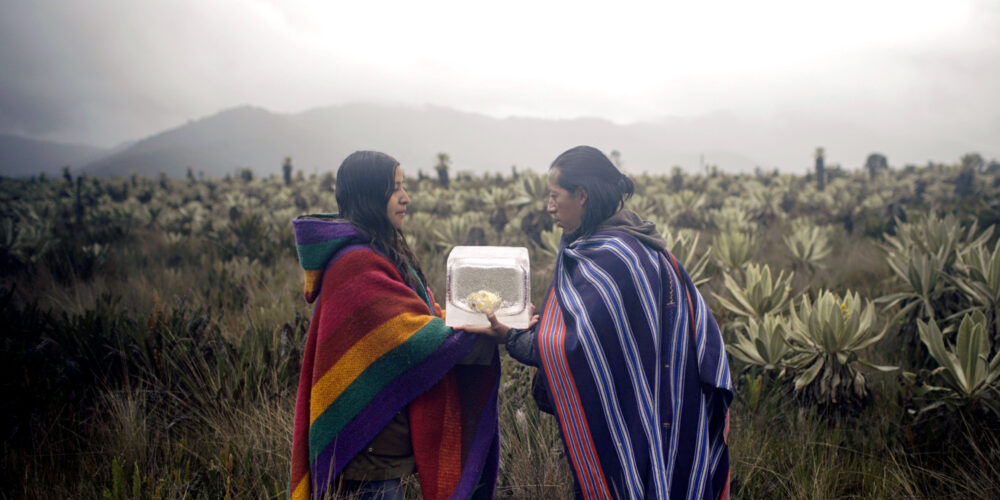
From Ownership to More than Planet
Exploitation and destruction as a mortgage for the next generations? “More-than-Planet” unites several festival projects that want to question and revolutionize the way we deal with nature.
-
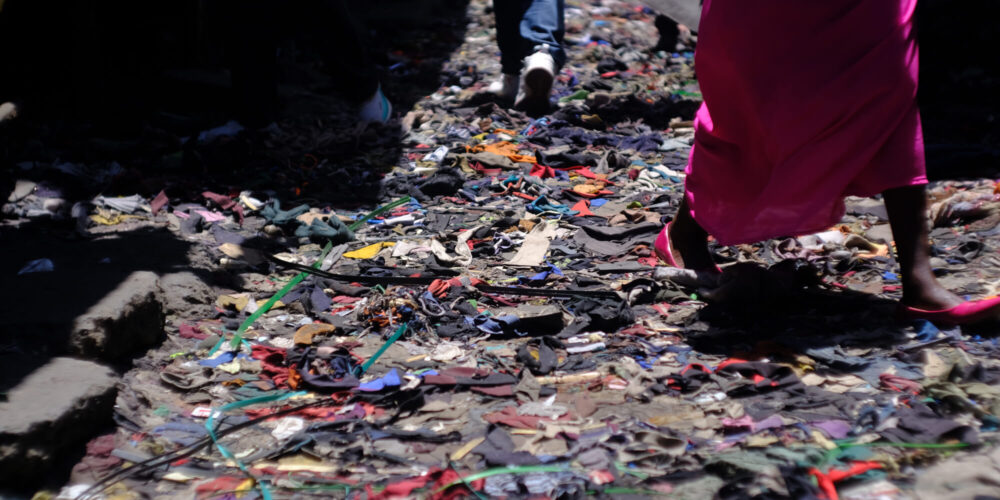
Embracing Circular Creativity: Enter the Transformation Lounge
The Transformation Lounge offers a space for discussion and introduces innovative approaches of companies to tackle global challenges and move forward to a more sustainable future.
-
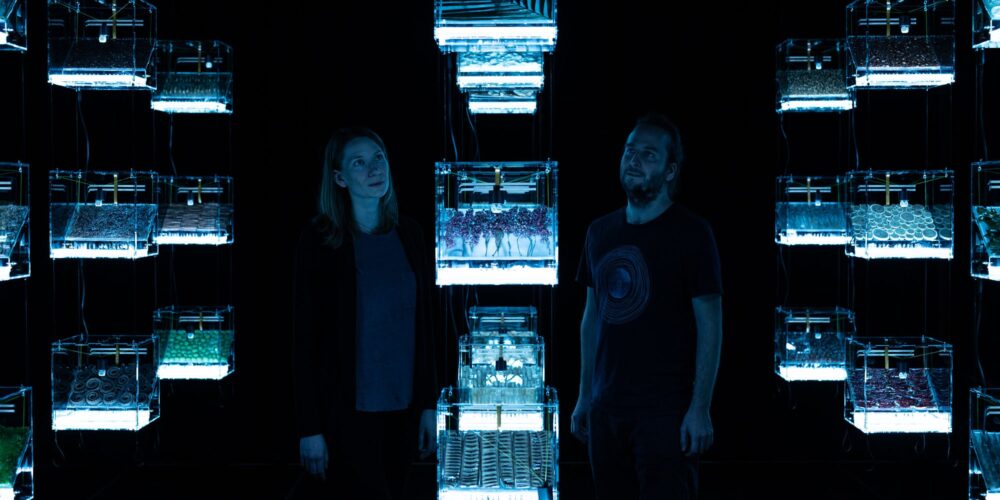
From OpenAI to AI Regulation
Artificial intelligence and ChatGPT are part of the question “Who owns the truth?” that this year’s Ars Electronica Festival is addressing.
-
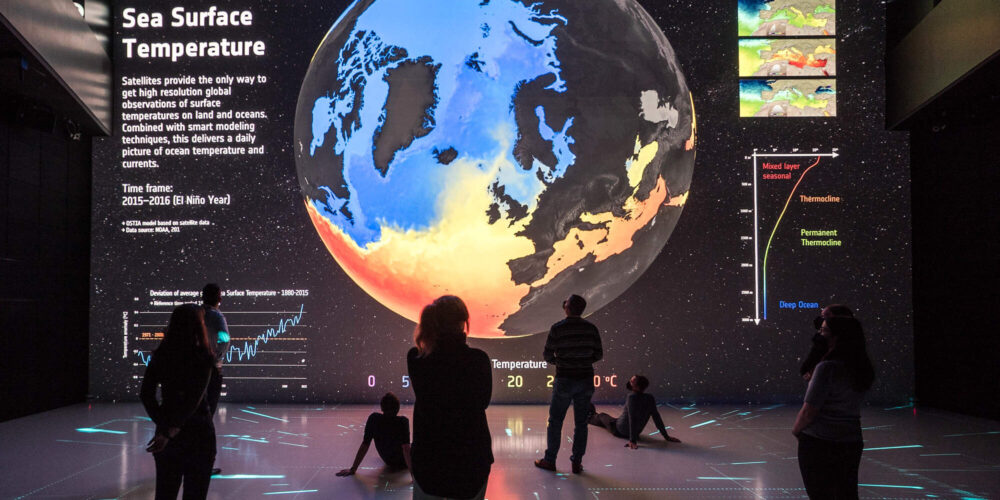
Dawning of a New Era: Nature, Technology and the Shaping of Our Future
This year, the Ars Electronica Festival is addressing questions about nature and the concept of ownership in addition to the question “Who owns the truth?”
-
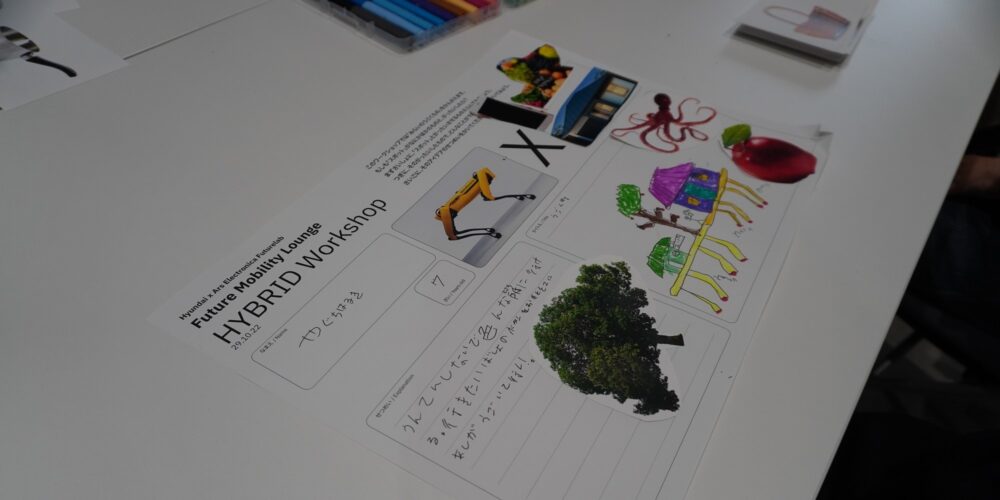
Spot and the mobility of future generations
Finding new ideas for sustainable mobility, with AI and Boston Dynamics’ robot: A unique event in Japan included experts and families alike.
-
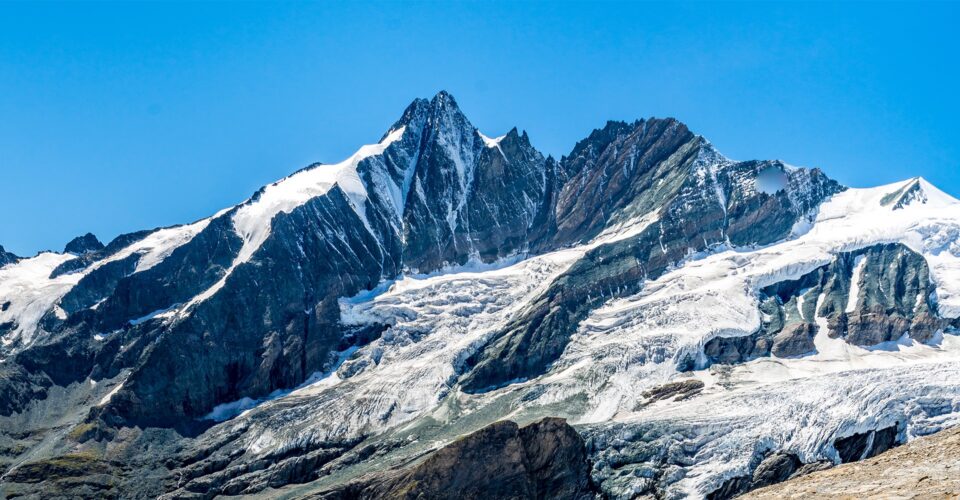
Experience how the climate affects the Großglockner
Immerse yourself in the Glockner.Luft.Raum by the Ars Electronica Futurelab: an experience in the new kärnten.museum.
-
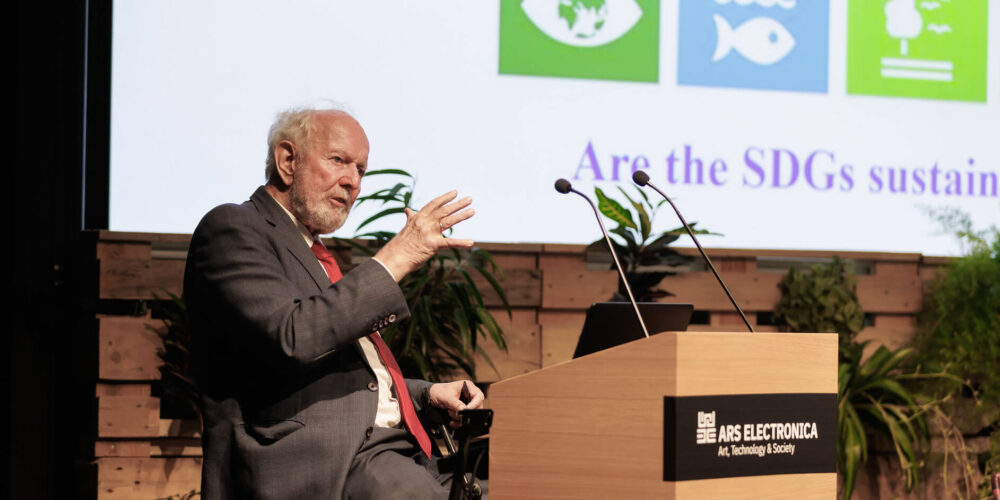
Earth4All: It is not too late
50 years after “The Limits to Growth” Club of Rome with “Earth4All” warns about the consequences of social inequality for our planet: A Survival Guide for Humanity
-
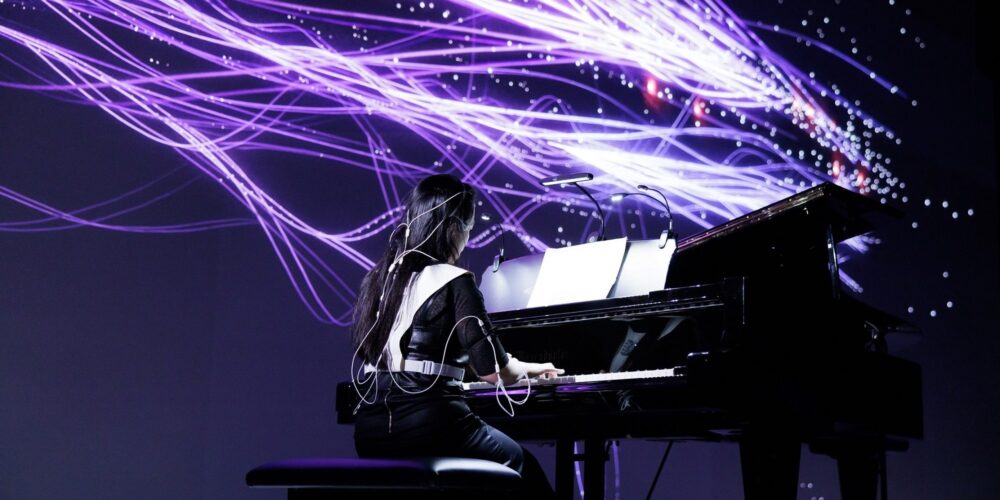
Diverse, fresh, exciting: Futurelab Day 2022
How the Ars Electronica Futurelab celebrated the Festival with guests and the public – open, multifaceted and always surprising.
-
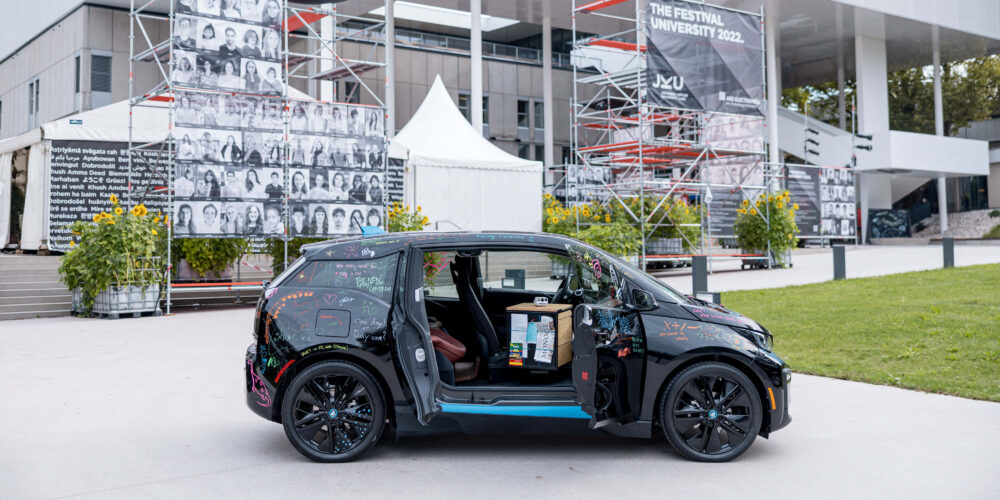
On four wheels into the future?
BMW, Supersense and Ars Electronica Futurelab focused on the automobile in the midst of the climate and energy crisis.
-
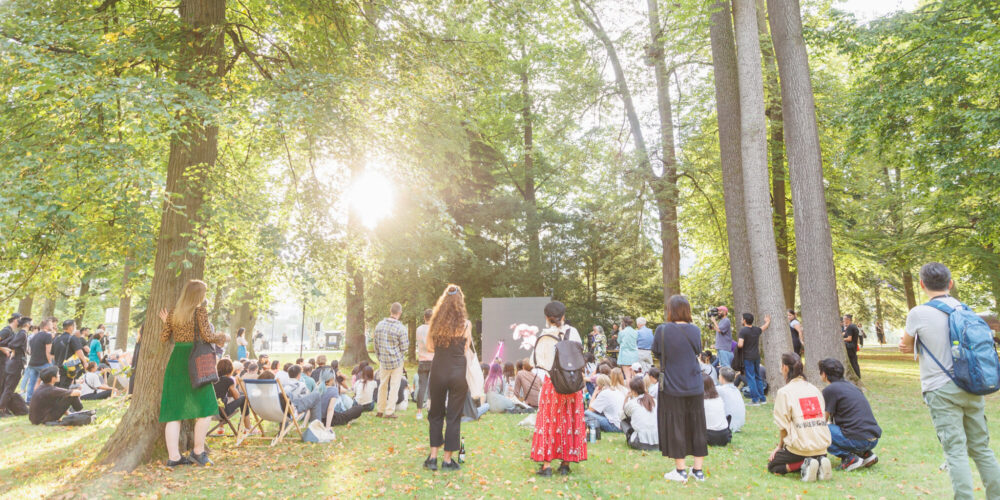
It’s a Wrap(-Up)! – This was the Ars Electronica Festival 2022
The Ars Electronica Festival 2022 is in the books! Join us as we look back on five days of unique exhibitions, exciting performances, moving lectures and countless events.
-
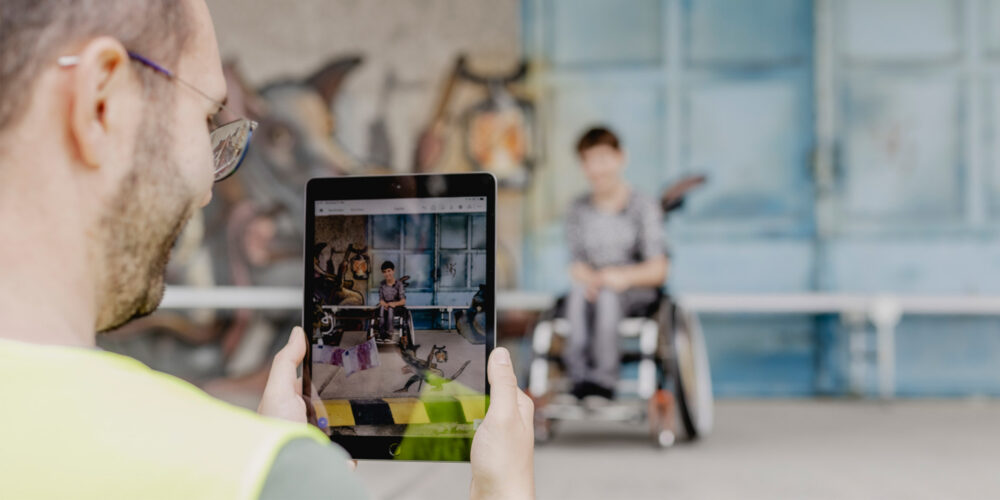
“We’ve got to do something!”
Ars Electronica has set itself the goal of taking its social responsibility seriously. One expression of this is the create your world program.
-
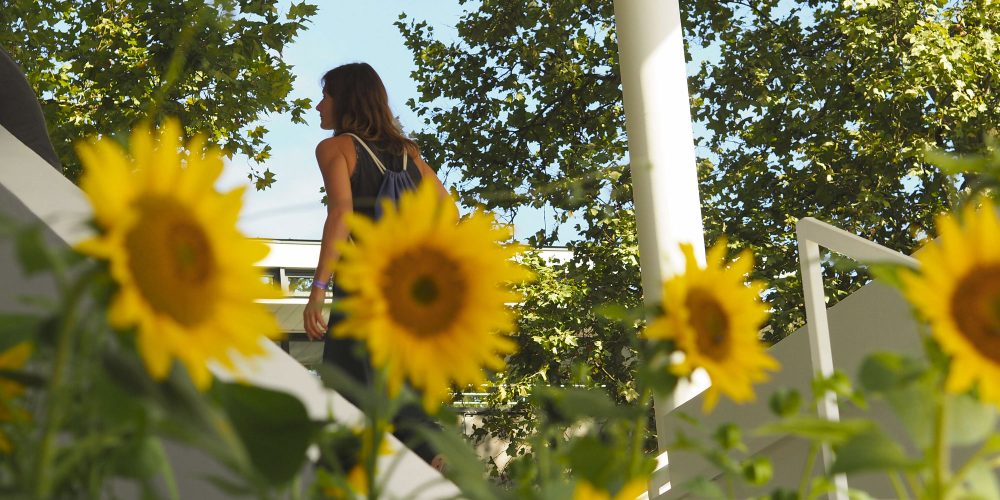
Creating Awareness for a more Sustainable Festival
From energy, water and sanitation to the technical equipment and venue: for the next part of our Sustainability Series, we take a look at what it takes to host a festival as sustainably as possible.
-
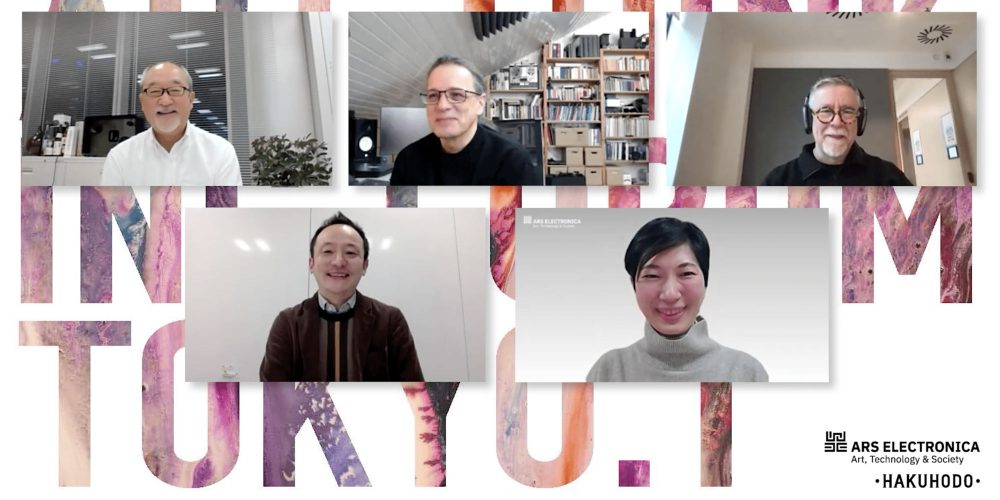
Digital transformation – for whom?
Who benefits from digital transformation and who should own it? – Questions the Art Thinking Forum Tokyo was asking.
-
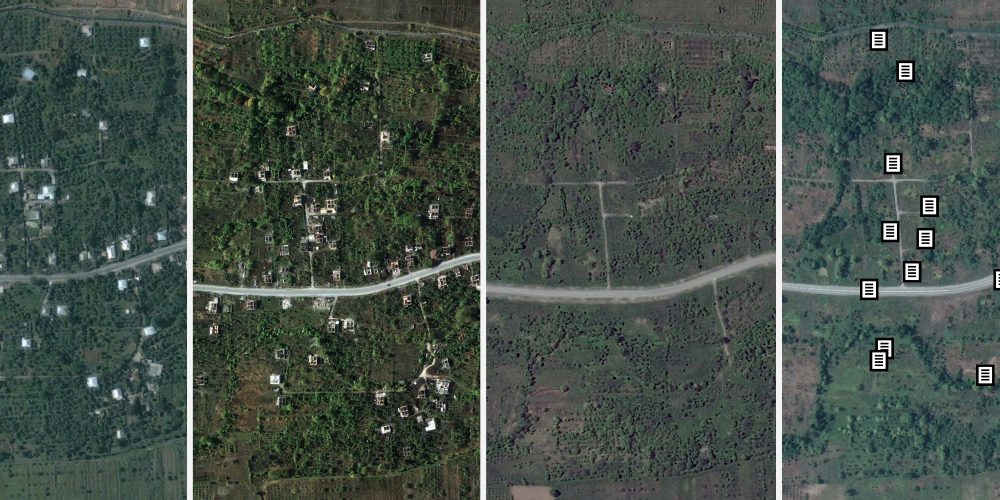
Tools to Confront Unbalanced Realities
What rights do you have in the location of your residence? In his work, artist Irakli Sabekia deals with the spatial and social memory of people who have been forcefully displaced.
-
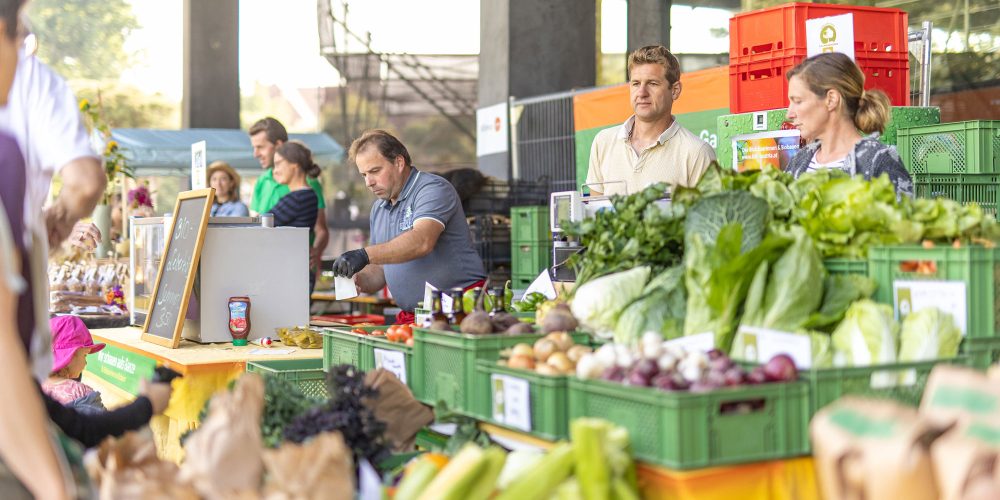
The cycles of Ars Electronica
How sustainably will you be able to eat at this year’s Ars Electronica Festival, and what happens to all the waste that’s created in the process? Martin Honzik CCO and Head of Festival/Prix/Exhibitions gives us an insight.
-
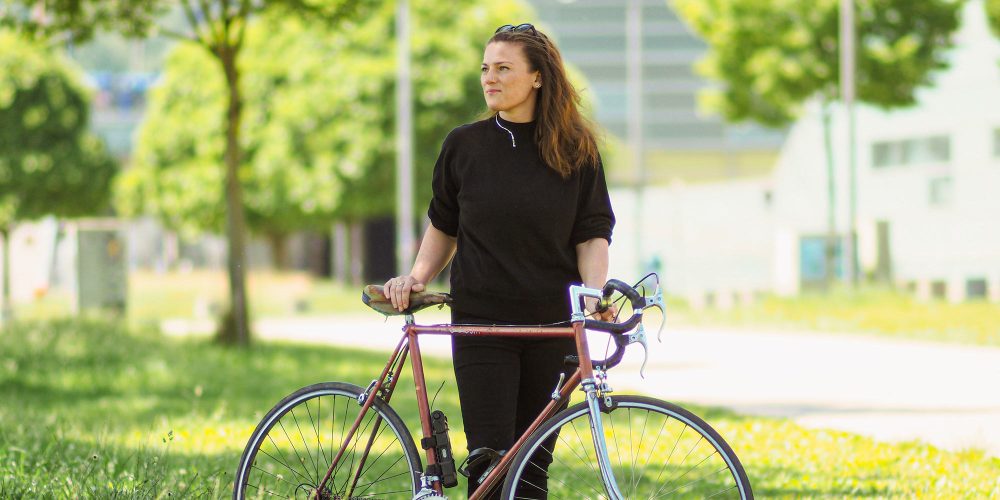
Sustainable to the Ars Electronica – is that possible?
How can a festival that attracts thousands of people to Linz every year be sustainable? Christl Baur, Head of Ars Electronica Festival, confronts the many questions of mobility.
-
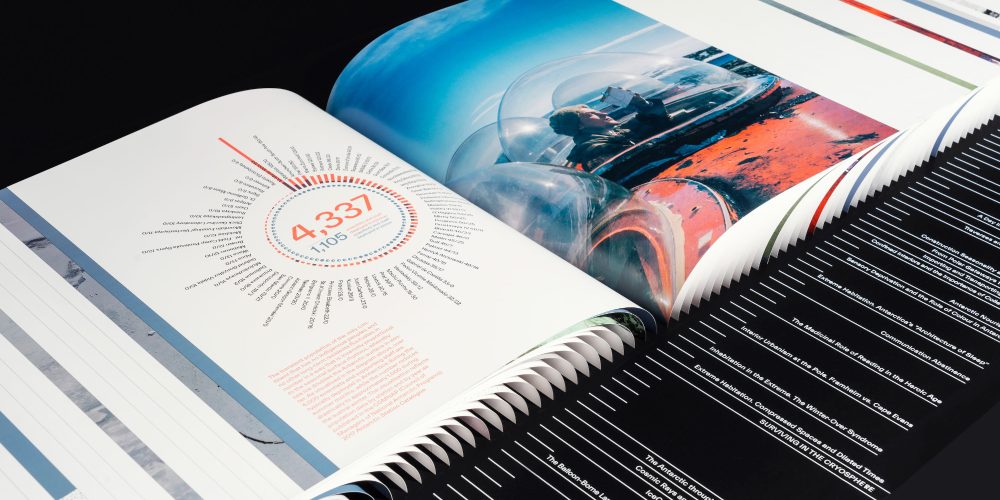
“What happens in Antarctica does not stay in Antarctica”
What does the melting of Antarctica have to do with the future of planet Earth? A lot – and that’s exactly why Giulia Foscari and UNLESS, in the work “Antarctic Resolution”, awarded the STARTS Prize 2022, have called for saving Antarctica and say: “Speak up for Antarctica now!”
-
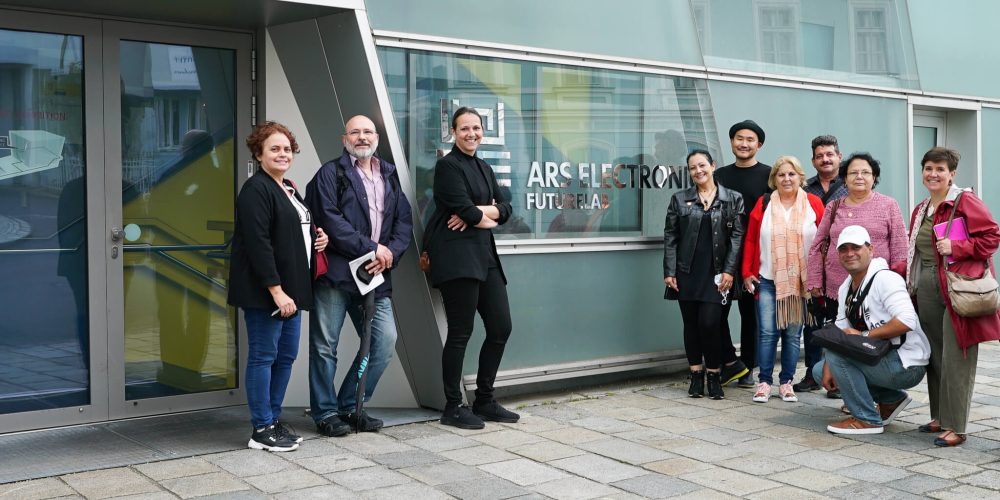
Futurelab – Prototype of a think-and-do tank
Cuba visits Linz: A delegation from the Cuban Computer Science Union finds inspiration in the Ars Electronica Futurelab’s unique concept.
-
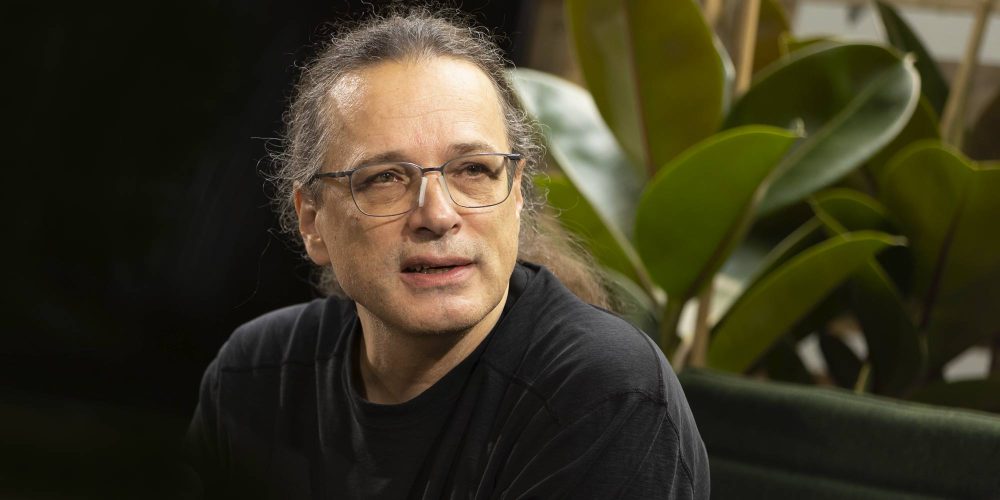
Change is needed when there is no way out
From the hopelessness of the climate crisis to the thinking space of art – in this conversation with Gerfried Stocker, we take a closer look at the theme of the 2022 Ars Electronica Festival.
-
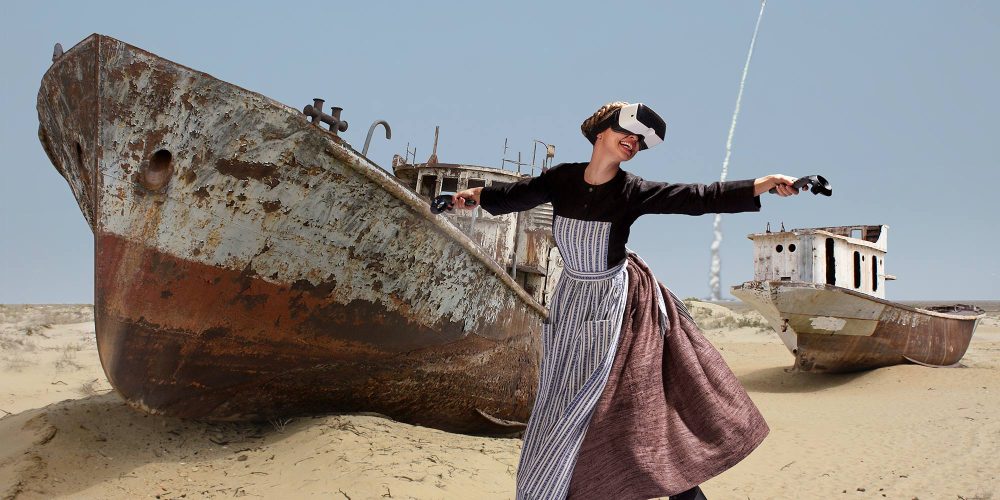
“Welcome to the Sound of Planet B”
What is Julie Andrews doing in the Aral Sea with VR goggles? Gerfried Stocker, Artistic Director of Ars Electronica, explains the thoughts behind the festival subject “Welcome to Planet B” and tells us how the image was created.
-
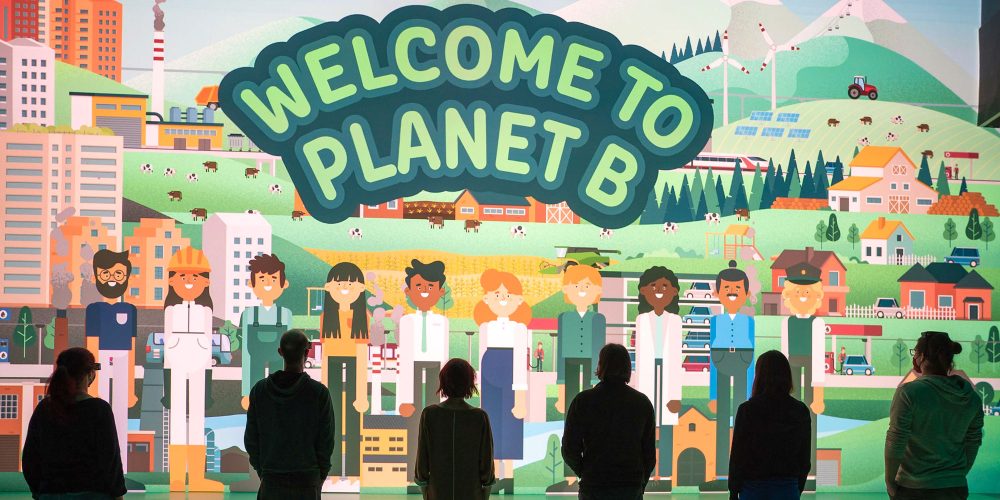
Deep Space EVOLUTION: Welcome to Planet B
What lifestyle changes are you willing to make to reduce your greenhouse gas emissions? Challenge your choices!
-
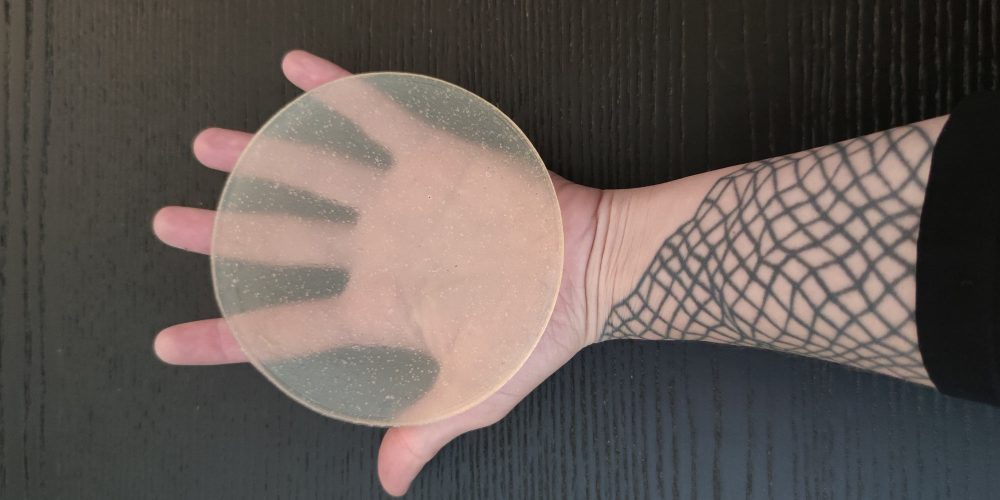
Circular Records for Circular Futures
Can records be made from biomaterials? Artists Kat Austen and Fara Peluso think so and will work on developing a low-carbon alternative to vinyl during their S+T+ARTS Residency.
-
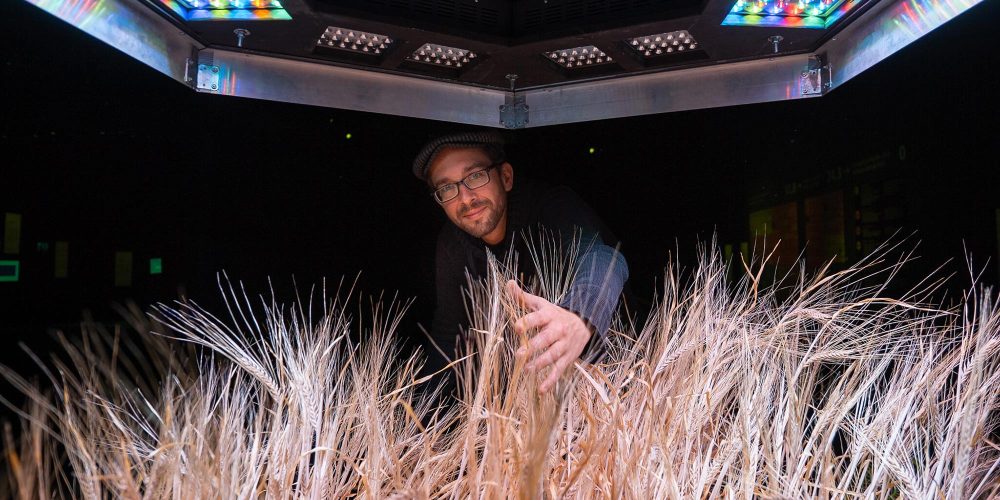
Is it really worth the effort?
Outside is winter, inside we harvest our own grain. Three months we have struggled, spent more than 400 euros, but harvested less than 800 grams of barley.
-
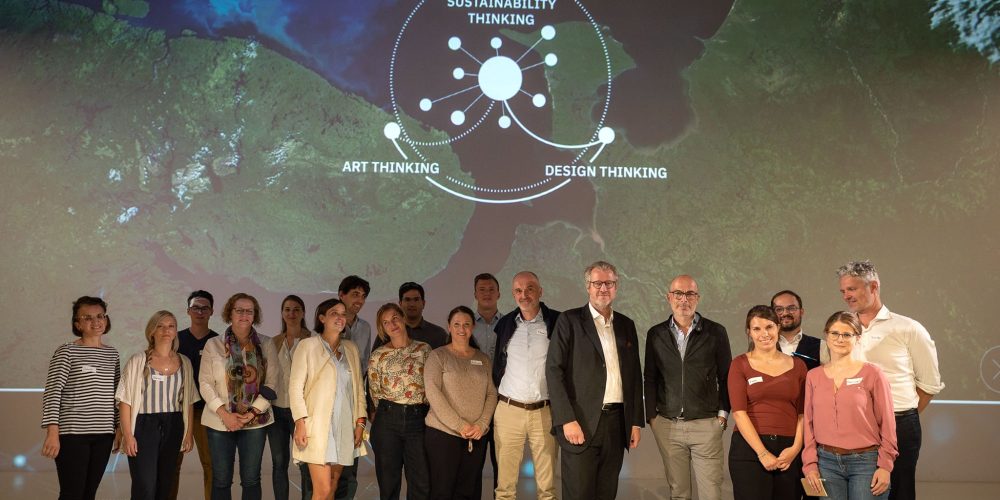
“Sustainability begins with the mind”
A new workshop format encourages people to question their own thinking about sustainability and thus initiate change. Let’s take a closer look!
-
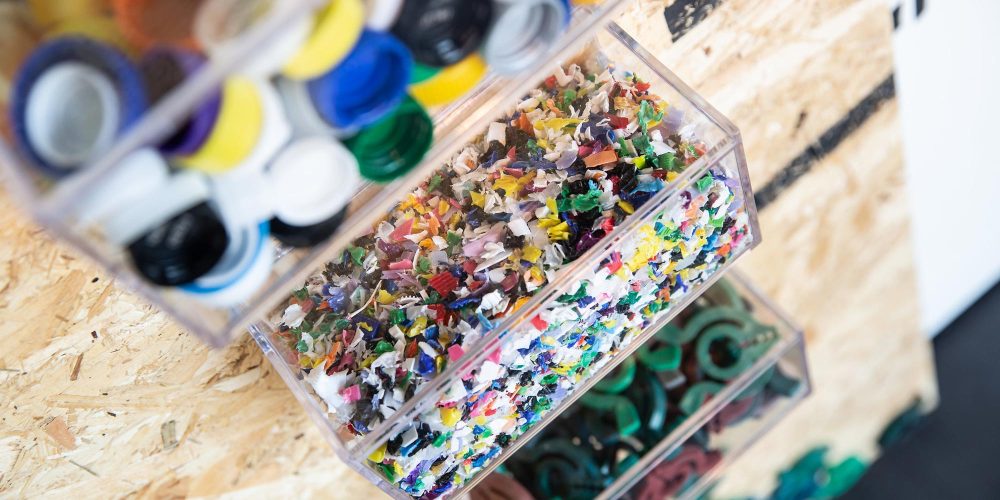
Circular economy instead of throwaway society
To counteract climate change, plastics must be handled differently. Design, life cycle, recycling on the one hand, industry, society and politics on the other hand are needed for this.
-
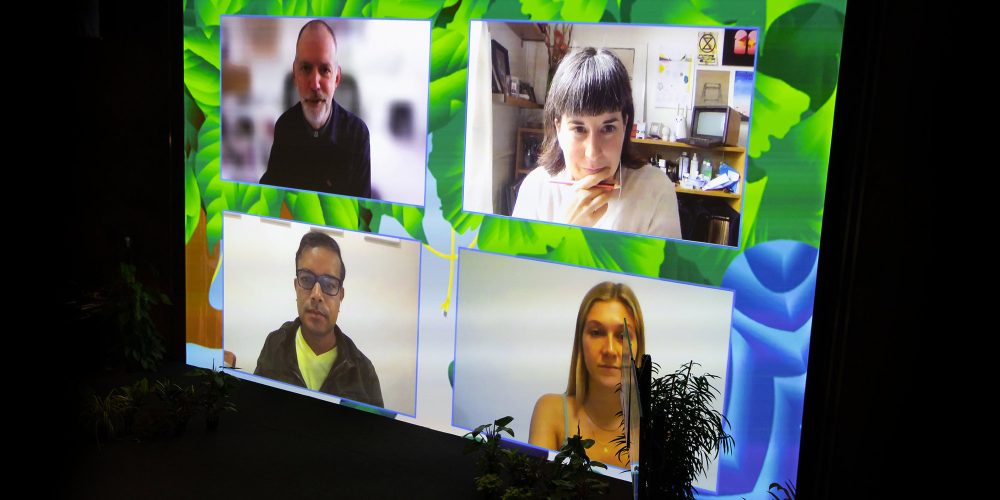
Globally connected combating global climate change
How can a global communication tool like the Internet help to mobilize even more people to act together against climate change?